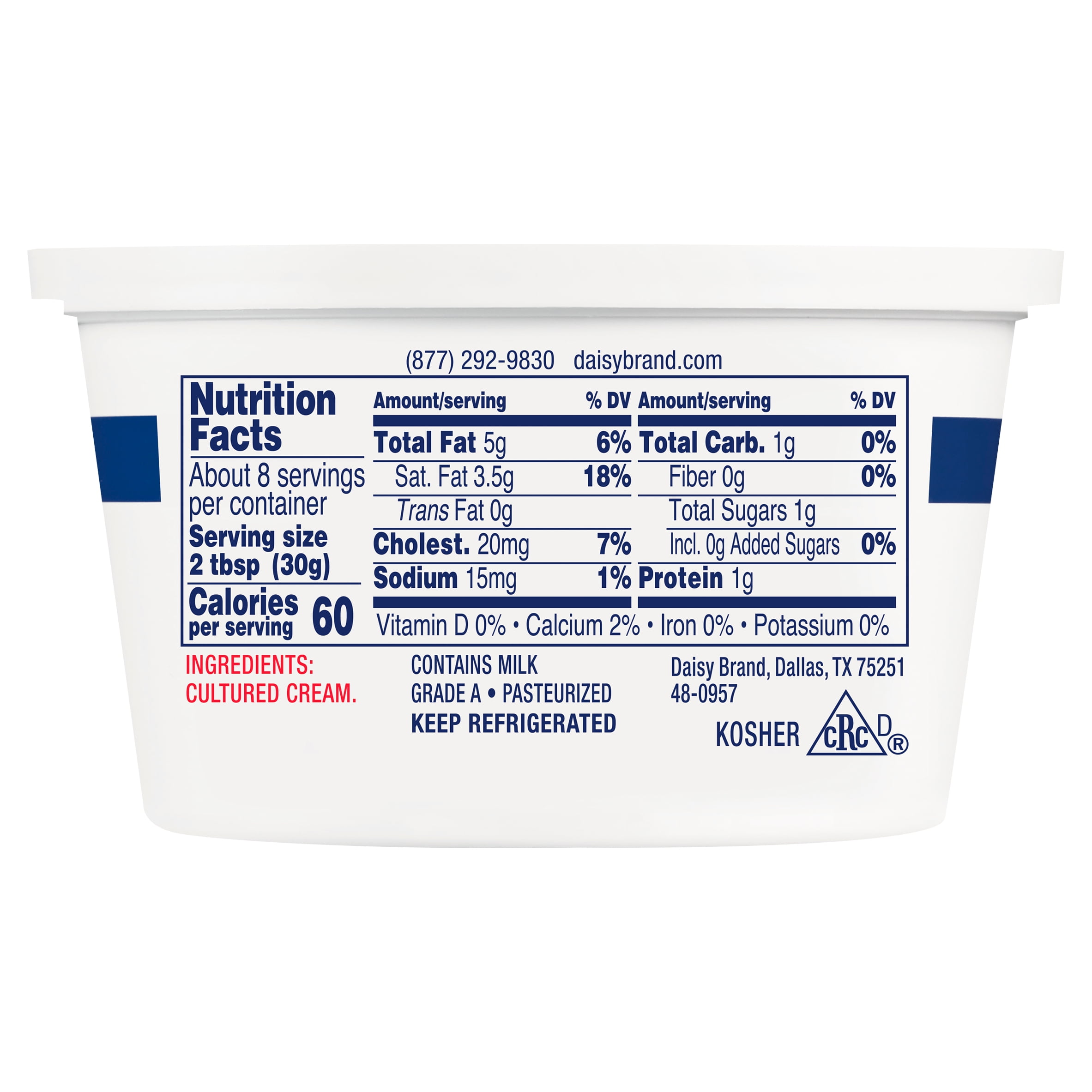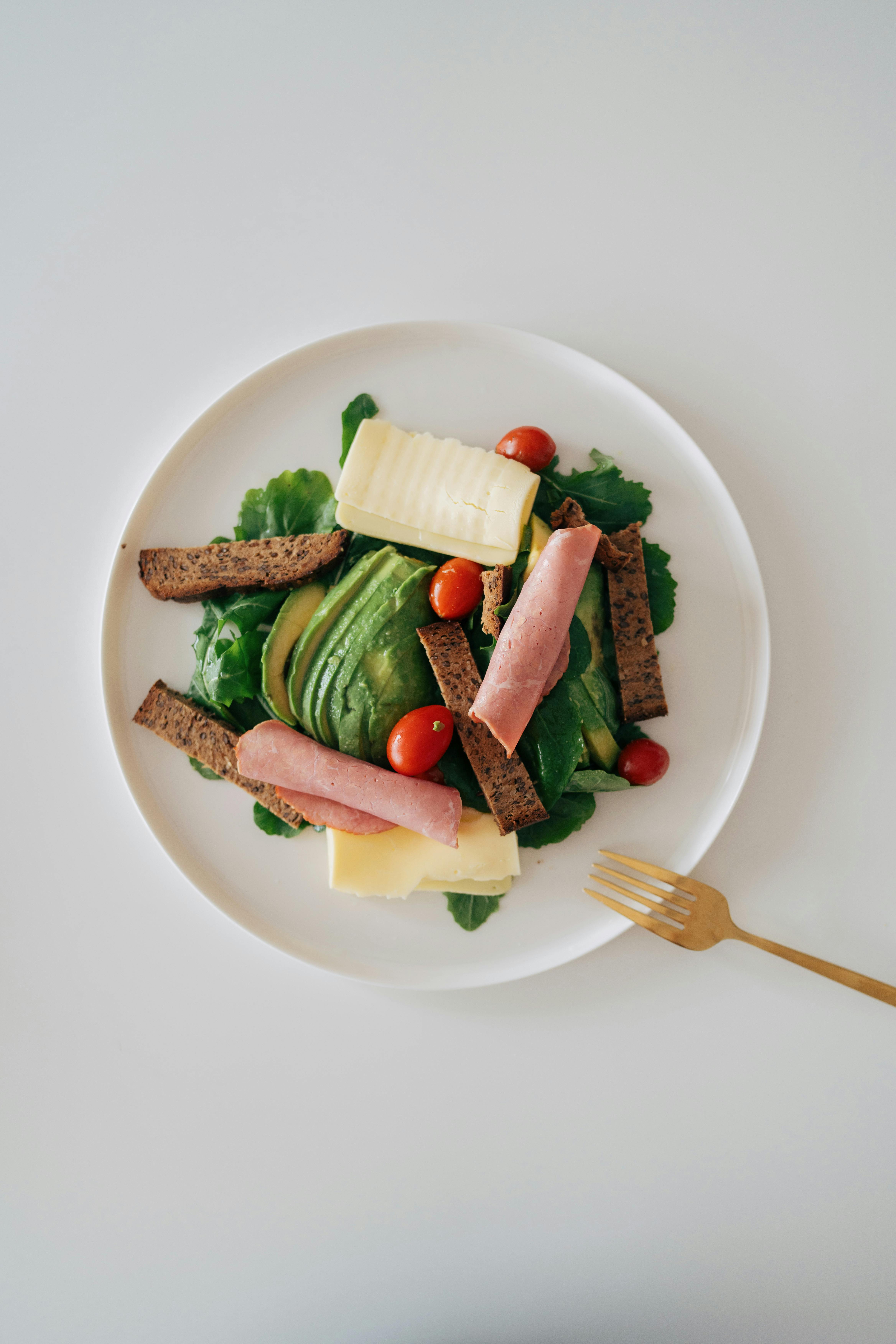Smart Ways to Adopt a "Diet Starts Monday" Mindset for Successful Weight Loss in 2025


Embarking on a weight loss journey often involves many ups and downs, but adopting a "diet starts Monday" mindset can be an excellent psychological tool. This approach encourages readiness, resets habits, and ushers in personal accountability. In this article, we will explore effective strategies to prepare for weight loss in 2025, focusing on practical tips tailored to foster this mindset while ensuring a balanced diet and healthy eating. Each section will provide actionable insights, enabling you to feel empowered and ready to take charge of your fitness goals.
Understanding the "Diet Starts Monday" Mindset
The "diet starts Monday" mindset can sometimes be more negatively perceived as procrastination rather than a supportive approach to weight management. However, this mindset, when transformed into a positive strategy, can significantly influence **weight loss strategies**. It encourages individuals to plan and prepare effectively, fostering an environment ripe for success in **healthy eating**. The rising anticipation can also serve as motivation when aligned with tangible goals.
Harnessing Diet Motivation
To successfully leverage this mindset, understanding the essence of **diet motivation** is vital. Set specific, realistic targets for the upcoming week. Consider documenting your goals in a **food diary** or **nutrition tracker**. This practice not only heightens accountability but also allows for reflection and adjustment based on **nutrition facts** as you progress. Tracking your **calorie deficit** can also significantly aid in visualization, providing clarity about your daily **portion sizes** and **snacking habits**.
Incorporating Meal Prep Techniques
Meal prepping is an essential strategy in the journey toward sustainable **weight loss**. By dedicating a day, perhaps Sunday, to plan your meals for the week, you minimize the allure of unhealthy, spontaneous food choices. This prepares you to make healthier **meal combinations** rather than impact your **fiber intake** through poor options. Focus on creating a **diet chart** that includes nutritious dinners, lunches, and convenient snacks that you can reach for on busy days.
Mindful Eating Practices
Infusing mindfulness into your daily eating habits can significantly enhance your weight loss experience. **Mindful eating** involves recognizing your hunger cues, eating slowly, and savoring each bite. Focus on balancing your meals with healthy fats, **whole foods**, and proteins to keep your energy levels stable. It's also critical to remain aware of **sugar intake** and portion control to avoid overindulging, which can lead to setbacks in your plan.
Developing a Balanced Diet and Exercise Routine
A **balanced diet** is the backbone of any successful weight loss plan. It should comprise a diverse range of nutrients, ensuring you receive adequate vitamins and minerals while enjoying your meals. Aligning your eating plan with a regular **fitness routine** will promote effective metabolism and increase your likelihood of achieving **diet success**. Incorporating tasks such as strength training or aerobic exercises can shape a well-rounded physical experience beneficial for weight management.
Creating an Exercise Schedule
Start by devising an **exercise schedule** tailored to your preferences and capabilities. Whether it’s engaging in yoga, going for evening runs, or attending a fitness class with a **personal trainer**, having scheduled workouts keeps you committed and motivated. A well-devised exercise plan also enhances the effectiveness of dietary changes, reinforcing your body’s **nutritional needs** while boosting your metabolism and aiding overall recovery.
Enhanced Hydration and Healthy Food Choices
Additionally, paying attention to **hydration tips** can aid in your weight loss journey. Drinking water before meals can help control appetite while facilitating healthier food choices. Focus on preparing low-carb meals or exploring a **vegan diet** if plant-based foods suit your preferences. Look for **snack ideas** that include high protein and fiber sources, ensuring they align with your **diet variations** and provide necessary nutrients throughout the day.
Discovering Recipes for Sustainable Eating
Experimenting with new **recipe ideas** can make the transition to healthier eating enjoyable and less daunting. Try **breakfast recipes** packed with fiber and healthy fats, or **lunch ideas** that center around low-calorie, nutrient-dense foods. Dinner doesn’t have to be bland. Create exciting dishes that incorporate seasonal ingredients and explore **cooking methods** that align with your dietary goals, enriching your journey to sustainable eating habits.
Weight Management Strategies for Long-lasting Change
Effective **weight management** requires not only dietary and fitness adjustments but also lifestyle changes that you can consistently stick to over time. It's essential to develop a plan focusing on both physical and mental wellness as part of your everyday routine. By establishing systems and rituals for tracking your progress and addressing any challenges, you will bolster your path toward ongoing weight loss success.
The Role of Dietary Supplements
Sometimes, **dietary supplements** could aid in your weight loss journey, especially if you struggle to get essential nutrients from your regular meals. Consult with a healthcare provider to determine if incorporating supplements—like omega-3s or vitamin D—aligns with your dietary goals. However, they shouldn’t replace whole foods for optimal **nutrition**.
Keeping Track of Your Progress
Maintaining a **food diary** or utilizing calorie-tracking apps can greatly effective. Evaluate your **caloric intake** diligently, adjusting as necessary based on your **nutrition tips** and exercise results. Regularly reviewing your diet charts can create awareness about what works and what doesn’t, providing the motivation needed to progress forward.
Social Support and Community Engagement
Involving friends or joining local weight loss groups can create a safety net while you undergo these changes. Sharing your **diet success stories** can foster inspiration. Engaging with a community can be beneficial to discuss meals, struggles, and triumphs while remaining committed to a sustainable lifestyle.
Key Takeaways
- Adopt a "diet starts Monday" mindset to create psychological readiness for change.
- Prioritize meal prep and planning to enhance healthy eating choices.
- Commit to a balanced diet and a consistent fitness routine for effective weight loss.
- Consider social support and community resources to stay motivated and accountable.
- Track your progress through a food diary or apps to evaluate your journey efficiently.
FAQ
1. How can I stay motivated for my weight loss goals?
Maintaining motivation for weight loss can be challenging. Regularly setting small, achievable goals and tracking progress through a food diary or diet chart can help keep your enthusiasm high. Celebrating small victories can also provide you with necessary encouragement throughout your journey.
2. What are some effective meal prep tips?
To get the most out of meal prep, dedicate a time usually at the start of the week to plan and prepare meals. Focus on making batch meals, keep the **portion sizes** appropriate, and invest in good containers for **food prep** to easily store your creations for the week. Experiment with different flavors and cooking techniques to avoid monotony.
3. What role does exercise play in weight loss?
Exercise is crucial for a successful weight loss journey; it helps burn calories, enhances metabolism, and improves overall mental health. Incorporating aerobic activities along with strength training can create a balanced routine setting you on the path to achieving your fitness goals effectively.
4. Are there any quick recipes to kick-start healthy eating?
Absolutely! Easy recipes like overnight oats for breakfast, salads with protein for lunch, or simple grilled chicken with veggies for dinner are all excellent starting points. Experimenting with **meal combinations** ensures you enjoy nutritious meals daily.
5. How important is hydration during weight loss?
Hydration is paramount in weight management. Proper hydration can help control your appetite, enhance digestion, and support optimal energy levels throughout the day. Aim to drink enough water and limit high-calorie sugary beverages to aid your weight loss efforts effectively.
